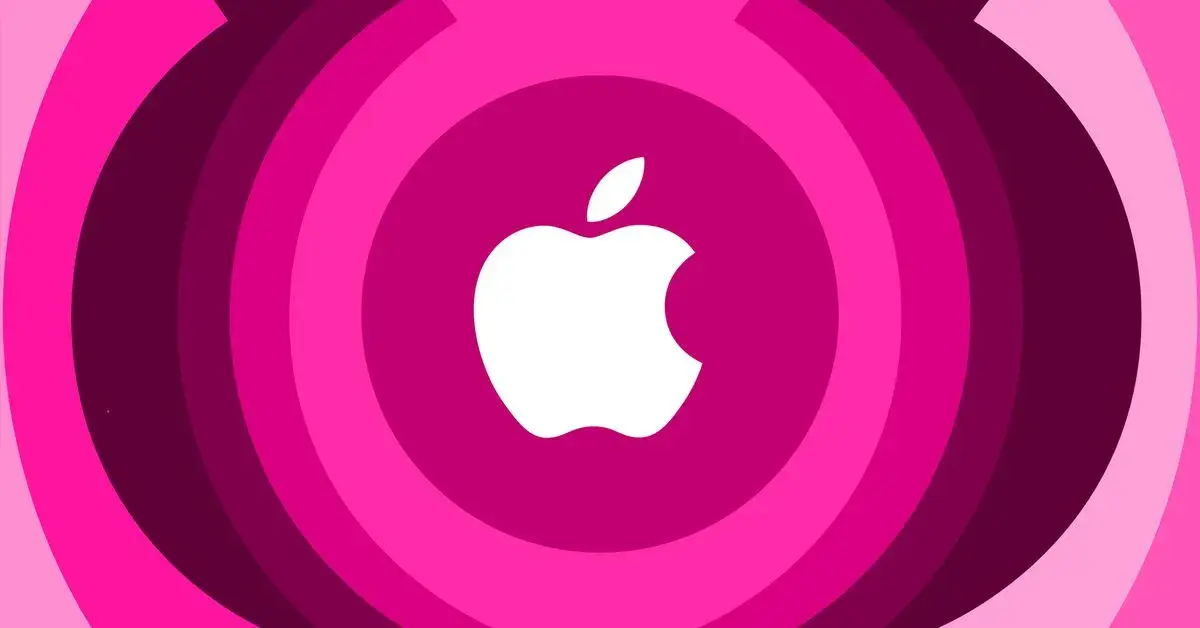China forced Apple to remove any app where the developer isn’t registered in China. Meaning they asked Apple to remove 95% of the apps and games available in the App Store.
Poor iPhone users, basically they will get a “wechat handheld” and that’s it…



Web is the universal open platform, and China just blocks it with a firewall 🤷♂️.
If you have universal devices Web cannot be blocked at all, you can install different browser or share websites via physical media, you can fit whole Wikipedia on SD Card. Same with overall computer networks, you can run a cable to your neighbor, unless you want to do it on a mass scale.
But I think you mean the Internet (please, don’t confuse Web and Internet), which is in fact very limited on ISPs side.
This is the difference. While with computers you can only censor what is done by them on public network (cables on the street, radio, etc.), with jail like iPhone you can also censor what is happening on the device itself. Those devices are dangerous and Apple made a big mistreatment for the world by creating iPhone like that.
You need to look at this from a practical standpoint.
The vast majority of phone apps are not local-only. They are merely the frontend to services provided by some company - e.g. a Reddit app is really about Reddit the service, a food delivery app is about the service, not the locally running code, etc.
Apple controls what users can and cannot install on devices made by them, but the web and things like PWA are an alternative that would be viable for some portion of these.
You can make a web app that can be added as an icon on the homescreen, can access the camera, location, notifications, storage, authentication (e.g. require fingerprint), etc. It still can’t do everything native apps can do, but it would be good enough for a good portion of popular apps.
But in China, that is not really possible without the government’s approval either, because China requires the same kind of registration and an ICP license for websites, otherwise things will get blocked. Which, even if you could install anything you want on a device, would effectively limit you to purely local-only apps anyway.